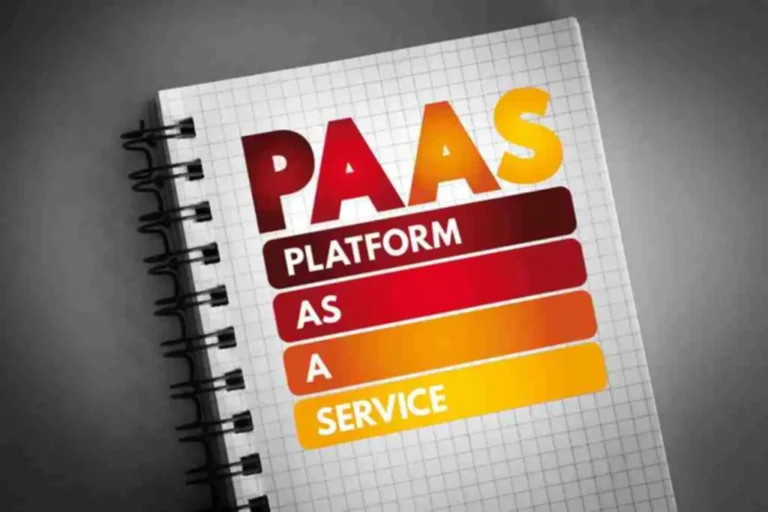Compilers are typically confused with programs referred to as interpreters. Compilers analyze and convert supply code written in languages such as Java, C++, C# or Swift. They’re generally used to generate machine code or bytecode that can be executed by the goal host system. Low-level programming languages, similar to meeting and C, are usually compiled, particularly when pace is a big concern, rather than cross-platform support.

It shows all the errors at a spot as quickly as the whole program is checked. On the other hand, an interpreter checks the program line by line. In some circumstances, the design of a language function may require a compiler to carry out more than one pass over the source. For occasion, think about a declaration showing on line 20 of the supply which impacts the interpretation of an announcement appearing on line 10.
Optimization Of Dfa
It lists all of the errors if the enter code does not observe the rules of its language. This process is much sooner than interpreter but it turns into troublesome to debug all of the errors together in a program. It is software that converts the supply code into machine code.

Python
(It is to be noted that this object file/object module isn’t related to OOP). It checks whether or not the syntax conforms to the rules and tips of the programming language during which it is written. The strategy of changing the supply code into machine code is known as compilation.
Using a compiled language like Cython leads to sooner code execution and improved performance but the improvement course of is slower and extra complex with less flexibility for debugging. A compiler analyzes the source code and breaks it down into individual instructions that the pc can perceive. In other words, a compiler turns human-readable program code into zeroes and ones. These compilers convert the source code of 1 programming language to the source code of another programming language.

A bootstrap compiler is usually a brief compiler, used for compiling a more everlasting or better optimised compiler for a language. The three basic types of compilers embody single-pass compilers, two-pass compilers, and multi-pass compilers. The above working of a compiler depicts the working of a two-pass compiler. It has two parts – analysis or front-end and synthesis or back-end.
- Other Ada compiler efforts got underway in Britain at the University of York and in Germany on the University of Karlsruhe.
- The source program is an input of an assembler that incorporates assembly language instructions.
- This program is now converted to a machine degree language by a compiler is called the Object code.
- The enter for this phase is annotated tree, the output is intermediate code.
- Compiler can present programmer secuirity by stopping memory-related errors, similar to buffer overflows, by analyzing and optimizing the code.
A language processor, or language translator, is a pc program that convert supply code from one programming language to a different language or to machine code (also known as object code). Compilers that translate source code to machine code goal particular operating techniques and pc architectures. This sort of output is sometimes known as object code (which is not related to object-oriented programming).
Meanwhile, some computers translate it into some intermediate code or meeting language. Some programming languages are written so a compiler can read the source code solely as soon as and generate the machine code. Sometimes, it’s because of forward declarations of capabilities or courses. A compiler is a program that interprets programming languages into machine-readable code that can be executed by a computer. Early working techniques and software were written in assembly language.
The levels embody a front finish, a middle end, and a again finish. Three major forms of compilers are Single Pass, Two Pass, and Multipass. Most CPUs have a pre-fetch queue the place the CPU reads instructions into the cache before executing them. If a conditional branch happens, the CPU has to reload the queue.
It removes lifeless code and arranges the sequence of instructions in order to increase the program execution. Even though an interpreter can itself be interpreted, a set of directly executed machine directions is required somewhere at the backside of the execution stack (see machine language). In the early days, the approach taken to compiler design was immediately affected by the complexity of the computer language to be processed, the experience compiler definition of the person(s) designing it, and the resources obtainable. Resource limitations led to the necessity to move by way of the supply code greater than as quickly as. Object-oriented programming (OOP) supplied some fascinating potentialities for utility growth and upkeep.
There is a trade-off between the granularity of the optimizations and the cost of compilation. For instance, peephole optimizations are quick to carry out throughout compilation but solely affect a small native fragment of the code, and could be carried out independently of the context during which LSTM Models the code fragment seems. In contrast, interprocedural optimization requires extra compilation time and reminiscence area, however allow optimizations that are only possible by contemplating the habits of a number of capabilities concurrently. The different stages of the compilation process include preprocessing, parsing, semantic analysis, optimization, and code technology.
It may be troublesome to rely precisely what quantity of passes an optimizing compiler makes. For instance, different phases of optimization may analyse one expression many occasions however only analyse another expression as soon as. Classifying compilers by variety of passes has its background in the hardware useful resource limitations of computers.
A compiler is, in the strictest sense, a translator and must be sure that the output is appropriate and preserves all the unique logic. Once the code is syntactically appropriate, the compiler performs semantic analysis on parsed code to find the meaning. The compiler check for logical errors, corresponding to type mismatches, undeclared variables, and incorrect utilization of operators. Bell Labs left the Multics project in 1969, and developed a system programming language B based on BCPL ideas, written by Dennis Ritchie and Ken Thompson.
A compiler converts a source code into an executable file containing the machine code for computers to execute. Here, in this article, we shall discuss extra concerning the compiler and the way it works. Compilers play a vital position in software growth, providing the means to write down programs in human-readable languages and enabling their execution on varied hardware platforms. A compiler is a software program that compiles program source code files into an executable program. Integrated improvement environments (IDEs) include compilers as part of their programming software packages.
The outputted machine code is made up completely of binary bits — 1s and 0s — so it can be learn and executed by the processors on the target computer systems. For instance, a compiler might output machine code for the Linux x64 platform or Linux ARM 64-bit platform. Theoretical computing concepts developed by scientists, mathematicians, and engineers fashioned the premise of digital trendy computing improvement during World War II. Primitive binary languages developed as a result of digital gadgets only understand ones and zeros and the circuit patterns in the underlying machine structure https://www.globalcloudteam.com/.
